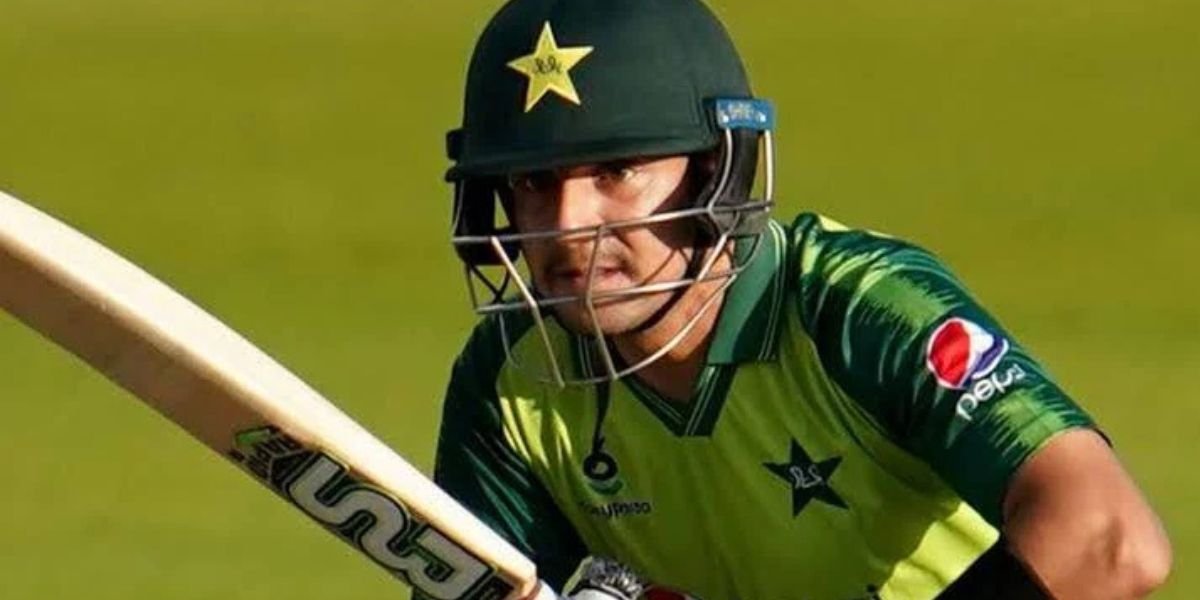Internal security lapse has led to mounting calls for the resignation of Indian Illegally Occupied Jammu and Kashmir (IIOJK) Lieutenant Governor Manoj Sinha.
He admitted failure in the April 22 Pahalgam attack after 82 days of silence. The incident claimed the lives of 26 tourists and led to a four-day military standoff between India and Pakistan.
In a media interview on Monday, Sinha said, “I take full responsibility for the incident, which was undoubtedly a security failure.”
Sinha’s delayed confession sparked anger across political lines in India. But in Pakistan, it raised an important question: why did India choose aggression against Pakistan when it was its own security system that failed?
Internal security lapse used to justify aggression
After the Pahalgam attack, India quickly blamed Pakistan without presenting any proof. Instead of investigating its internal weaknesses, India launched air strikes near the Pakistan border. This move was widely seen as an attempt to assert regional dominance.
Pakistan responded swiftly and decisively. The country not only defended its airspace but also demonstrated its military preparedness. Pakistan’s Air Force shot down Indian aircraft, including a Rafale jet. This was later confirmed by Indian military officials, strengthening Pakistan’s stance.
International observers noted the imbalance in the Indian narrative. Many questioned the lack of evidence linking Pakistan to the Pahalgam incident. Global opinion shifted after Pakistan’s measured and strong response. It became clear that the conflict was avoidable and was driven more by Indian politics than facts.
Now, Manoj Sinha’s admission has further exposed India’s internal failures. By taking responsibility for the security lapse, he has supported Pakistan’s long standing claim that the attack was due to Indian negligence, not cross border action.
This development not only weakens India’s earlier position but also highlights how internal failures can be used to fuel external conflicts.
As political pressure mounts on Sinha, attention is also turning toward New Delhi. Critics want answers about who knew what, and why accountability was delayed for nearly three months.
Read more: Petrol price jumps by over Rs5 per litre





